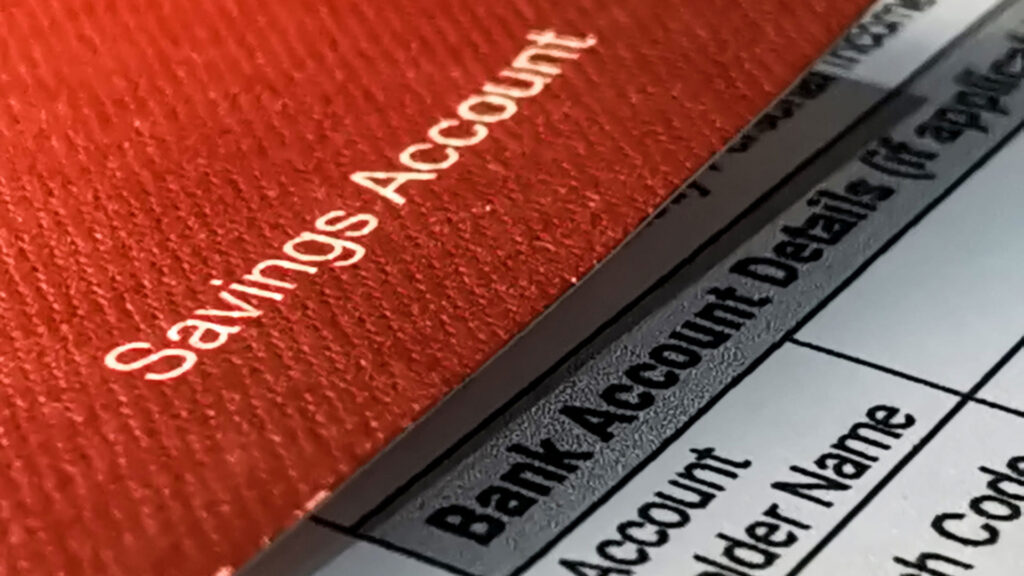5 Things Beneficiaries of Bank Accounts Need to Know

What happens to the beneficiaries of bank accounts when the owner passes away? Learn from our attorney, Jessa Gary, five of the most common topics to keep in mind, from rules to paying taxes and more.
Recently, a writer for USA Today inquired about what happens to the beneficiaries of bank accounts when the owner passes away. The questions posed were the kind that clients often ask me, so I thought I would share the responses here.
1. What are some rules people need to know about beneficiaries for bank accounts? If you are named as a beneficiary on a bank account, you don’t need to go through probate court. Only those assets in the decedent’s name alone must go through probate. If you are structuring your bank accounts solely to avoid probate, it may be wise to limit the number of beneficiaries. If the bank accounts are to be utilized to pay for your final expenses, the more people you list, the more people who may be difficult to track down to assist with payment offinal expenses. On the flip side, if only one person is named as the beneficiary and the goal was to have them split the money with others, they are not required to do so. Also, if a beneficiary dies before the account holder, the money may not go where the account holder had hoped. For example, the death of an adult beneficiary won’t necessarily mean the money goes to their grandchildren. With nobody alive to receive the asset, the matter would need to go through probate.
2. What overrides a beneficiary on a bank account? I’m not aware of anything that overrides a beneficiary. If there is a beneficiary designation and a will, the will does not override the beneficiary designation unless some type of foul play can be proven.
3. What happens if a bank account has no beneficiary? The account will go through probate court and be distributed in accordance with the decedent’s will or state law, if the decedent did not have a will, after payment of expenses.
4. Who gets the money from a bank account when someone dies? If there is a beneficiary or beneficiaries, the money will go to them. If there are no designated beneficiaries, then the account goes to probate and will be distributed in accordance with the decedent’s will or state law, if the decedent did not have a will.
5. Do you have to pay taxes if you are a beneficiary on a bank account? It depends. There would be no state income taxes but there may be estate taxes depending on what state you reside in. There also could be federal estate taxes depending on the overall value of the estate. In 2024, the federal estate tax threshold for a single individual is $13.6 million; for a couple, the threshold is $27.2 million